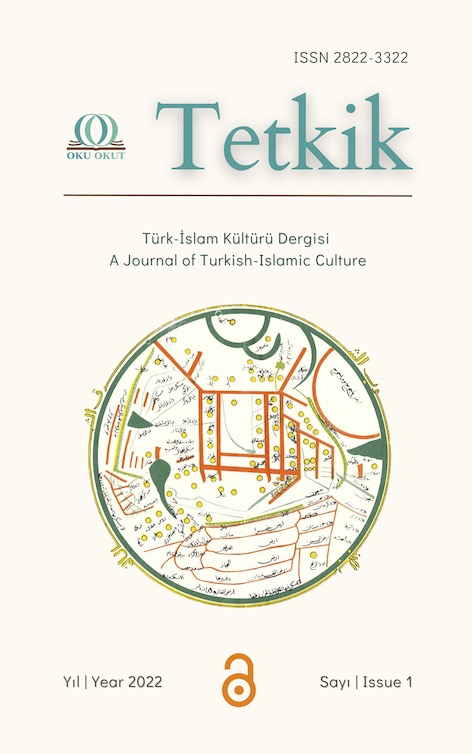Usûl ve Yöntem Arasında Modern İslam Düşüncesi: Benliğin İnşası -Taha Abdurrahman ve Burhanettin Tatar Örneği
The Modern Islamic Thought Between Usūl and Method: Construction of the Self - The Cases of Taha Abdurrahman and Burhanettin Tatar
Author(s): Emrullah KılıçSubject(s): Philosophy, Ethics / Practical Philosophy, Contemporary Islamic Thought
Published by: Oku Okut Yayınları
Keywords: Islamic Philosophy; Morality; Ego; Objectivity; Usūl; Method;
Summary/Abstract: Western rationality, which left its mark on the modern period, did not allow for original structures by objectifying and limiting everything else through an understanding of "the self" that thinks and designs. Rationality and the self that manifest themselves as positivism, humanism, conservatism, empiricism, science and postmodernity have influenced the self-construction of Islamic thinkers. In fact, Muslim thinkers could not put forward satisfactory answers or paradigmatic subjectivity/self-models in the face of these structures. This is probably because of the focus on the "produced human" revealed in history rather than the "living human being". This situation can also be explained by the transition to the concept of the modern Cartesian method, which represents the orientation from thought to being in the light of abstract principles of thought, instead of the concept of method, which represents an influencing process from being to thought. This study evaluates the proposals of two contemporary thinkers who propose a solution through moral philosophy to give Islamic thought subjective effectiveness in the construction of the self in the face of the above-mentioned situation. Although their approaches are different, Burhanettin Tatar and Taha Abdurrahman propose to construct the self with more creative suggestions instead of grounding it with objective processes. Tatar's moral philosophy proposal is to consider basic disciplines such as tafsīr and ḥadīth as elements of general moral philosophy. Taha Abdurrahman also aims to construct the self that makes morality authoritative, claiming that the current ego crises stem from the authority of the epistemic method, which moves away from the principle of maqasid. In fact, both thinkers propose very important existential solutions in the face of the crisis. However, despite their strong grounding on the horizon that will guide the identity and the concepts appropriate to the current situation, they cannot sufficiently clarify our minds about individual attitudes, which are the main indicators of the self and the establishment of new balances.
Journal: Tetkik
- Issue Year: 2022
- Issue No: 1
- Page Range: 1-20
- Page Count: 20
- Language: Turkish

